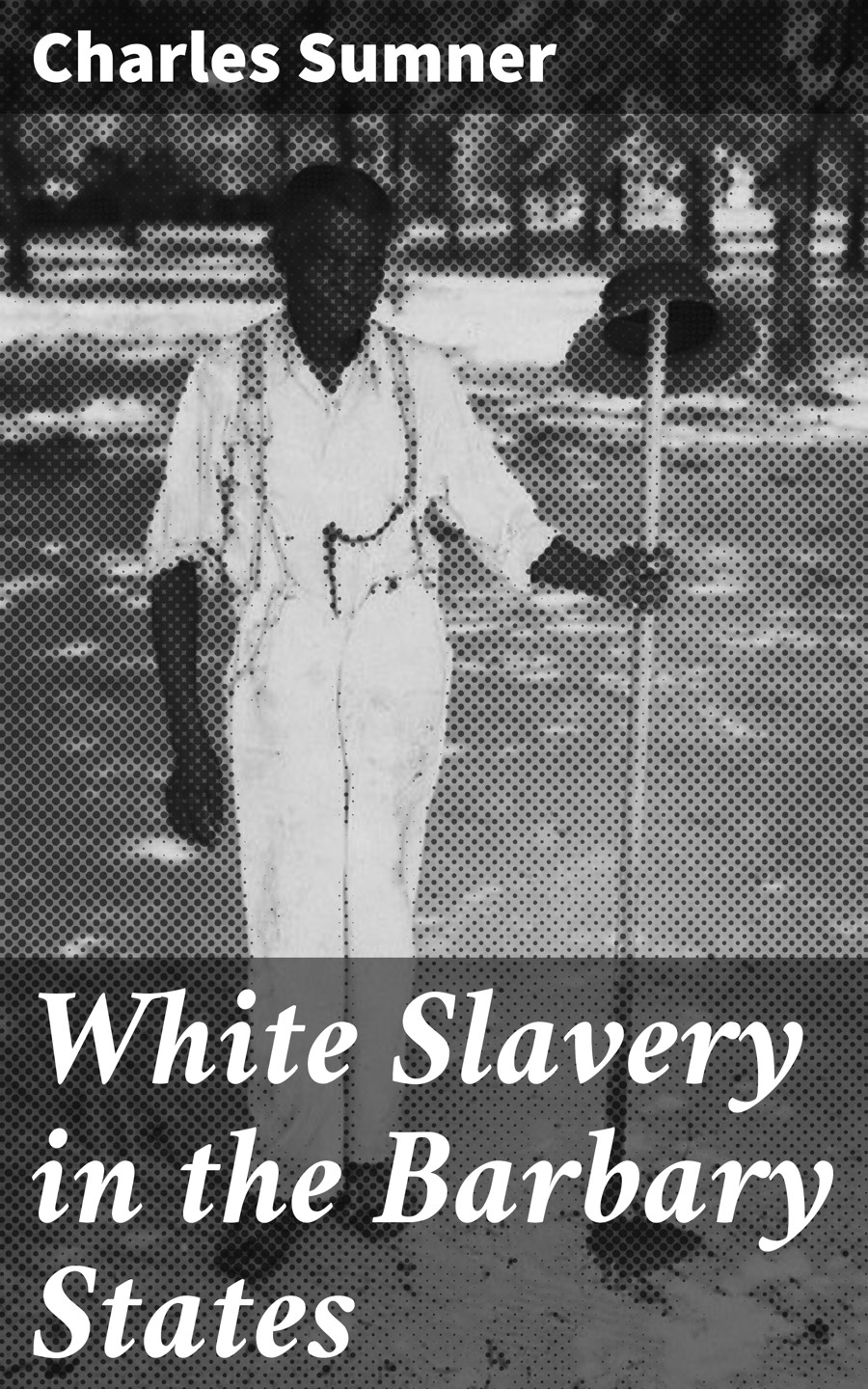

Most ebook files are in PDF format, so you can easily read them using various software such as Foxit Reader or directly on the Google Chrome browser.
Some ebook files are released by publishers in other formats such as .awz, .mobi, .epub, .fb2, etc. You may need to install specific software to read these formats on mobile/PC, such as Calibre.
Please read the tutorial at this link: https://ebookbell.com/faq
We offer FREE conversion to the popular formats you request; however, this may take some time. Therefore, right after payment, please email us, and we will try to provide the service as quickly as possible.
For some exceptional file formats or broken links (if any), please refrain from opening any disputes. Instead, email us first, and we will try to assist within a maximum of 6 hours.
EbookBell Team

4.1
50 reviewsSlavery was universally recognized by the nations of antiquity. It is said by Pliny, in a bold phrase, that the Lacedæmonians "invented slavery."8 If this were so, the glory of Lycurgus and Leonidas would not compensate for such a blot upon their character. It is true that they recognized it, and gave it a shape of peculiar hardship. But slavery is older than Sparta. It appears in the tents of Abraham; for the three hundred and eighteen servants born to him were slaves. It appears in the story of Joseph, who was sold by his brothers to the Midianites for twenty pieces of silver.9 It appears in the poetry of Homer, who stamps it with a reprobation which can never be forgotten, when he says,10—
Jove fixed it certain, that whatever day
Makes man a slave takes half his worth away.
In later days it prevailed extensively in Greece, whose haughty people deemed themselves justified in enslaving all who were
…